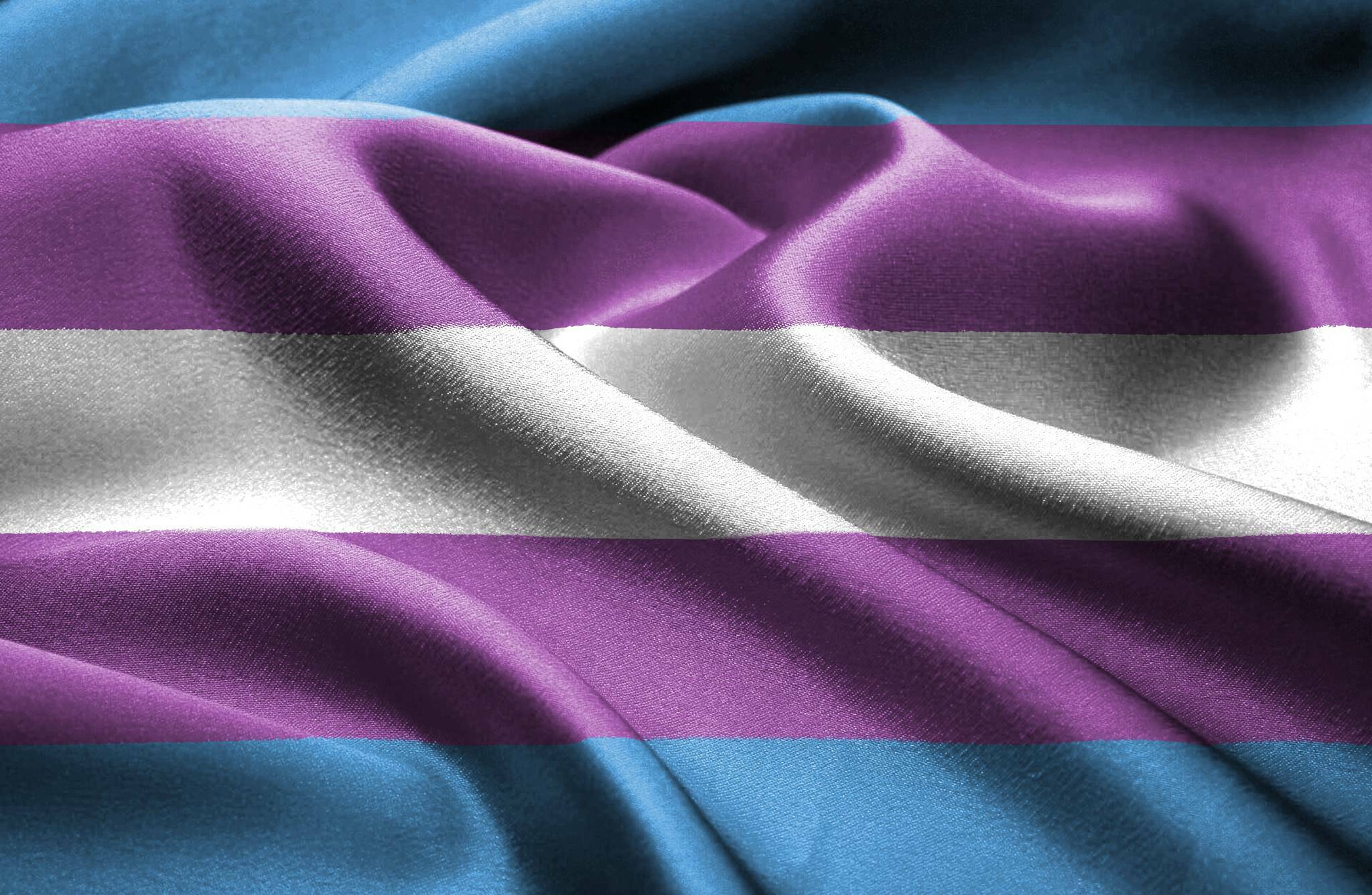A ban on transgender girls from girls sports teams is expected to be approved by the Alaska School Activities Association during a two-day meeting starting Monday in which the public will be able to participate.
The proposed change comes after the state’s board of education unanimously passed a surprise resolution at the end of a meeting in mid-March encouraging such a ban by the state Department of Education and Early Development. It essentially seeks to create two sports divisions, one for students whose birth-assigned sex is female and the other for all genders — although officials say there’s not nearly enough transgender athletes for the latter division.
Some officials also question if the ban is legal under existing state law. In addition, the Biden administration earlier this month proposed a rule change prohibiting statewide blanket bans while allowing limited restrictions when competitive fairness and/or injuries are at stake.
The ASAA meeting, accessible via Zoom, is scheduled to start at 8:30 a.m. Monday, with public testimony beginning at 9:15 a.m. and no other business on the agenda for that day. While dozens of people have registered in advance to testify, the association said it is not accepting requests submitted after Thursday.
Discussions about the revised policy were initiated in February by officials working for Gov. Mike Dunleavy, said ASAA Executive Director Billy Strickland following the education board’s meeting. The governor in early March also introduced a controversial “parental rights” bill many residents called hostile to LGBTQ+ students by, among other things, limiting their bathroom and locker room use to their birth sex.
The policy ASAA is scheduled to consider applies to team and contact sports, and gives districts three options for sports divisions:
— “Single- Division Sports: Whenever a school has a team in a given sport for one sex only, and athletic opportunities for the other sex have been limited, members of both sexes must be allowed to try out for the team.”
— “Double Division Sports: Whenever a school has two divisions in a given sport, one team shall be solely comprised of biological females, while the other team is open to both biological males and females. However, a biological female is ineligible to compete on both teams during the same school year.”
— “Coed Teams: Prior to the first contest of the season for a specific sport, a school may declare a team as a coed team. If a school chooses to have a coed team, then it may not have a separate team in that sport. Any school declaring a coed team may not compete in any district, regional or state competition in the girls’ playoffs. An exception to the playoff rule is made for mixed-six volleyball when a separate playoff category is provided by the Board of Directors.”
The legality of such a change is questioned by state Sen. Löki Tobin, an Anchorage Democrat who chairs the Senate Education Committee. She said there’s no state law related to such a policy and municipalities therefore are creating their own — Anchorage and Juneau have non-discrimination rules, for example, while the Matanuska-Susitna Borough has passed a transgender sports ban.
Tobin said she doesn’t know how many students in Alaska might be affected by a statewide ban.
“We don’t know and it’s kind of our business not to know,” she sad. “The local school boards make decisions about their students.”
At least two bills implementing transgender bans have been introduced this year, including one Friday by state Rep. Jamie Allard, a Eagle River Republican who co-chairs the House Education Committee. A similar bill introduced during the first week of the session by Rep. Tom McKay, an Anchorage Republican, has not yet had a hearing.
Acting DEED Commissioner Heidi Teshner told the Alaska Beacon this week her department is working on regulation changes conforming to the state school board’s resolution, which she believes are legally valid and binding.
“This would be a regulation that districts and ASAA would have to follow,” Teshner said. “Within the next couple of months we will have a final draft.”
Strickland told the Beacon current regulations appear to be working so far, but the change on next week’s agenda appears to be necessary to keep schools enrolled in his association.
“If DEED makes this change in regulation, we really have no choice but to change our bylaws to such that schools get to give or maintain their membership,” Strickland said.
• Contact Mark Sabbatini at mark.sabbatini@juneauempire.com.

